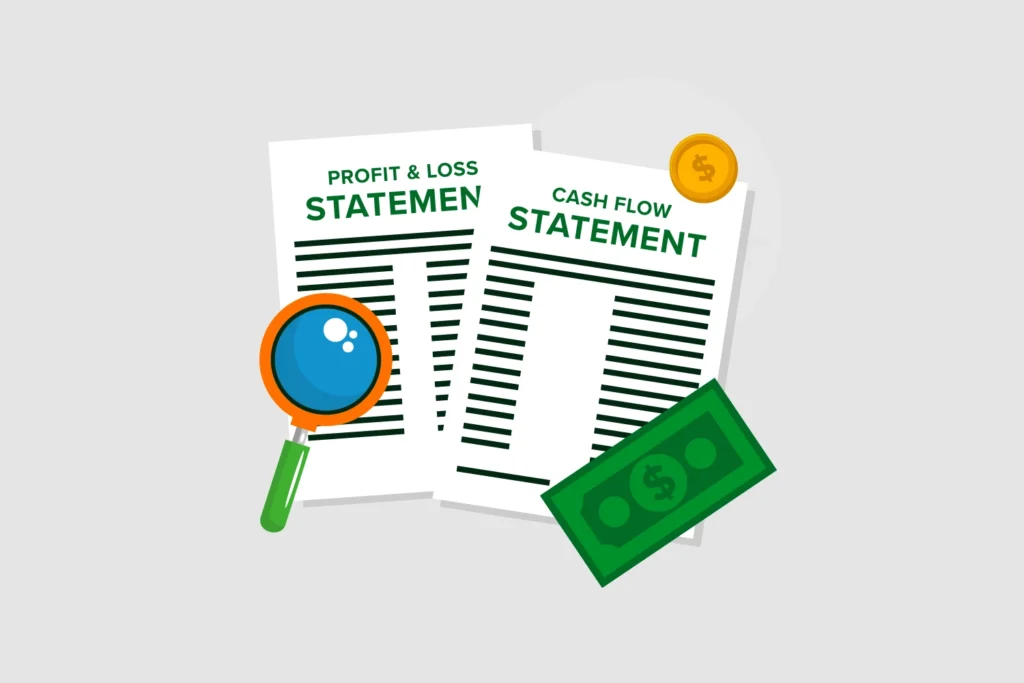Disclaimer: The articles published here on the City of Eau Claire Economic Development Division website are meant to be a helpful starting point as you explore doing business in our community. They’re not the final word on rules, requirements, or what’s best for your unique situation. We always recommend checking in with legal, financial, or other professionals for advice tailored to your business.
Launching a business in Eau Claire comes with plenty of creative energy—developing your brand, finding a location, and bringing your ideas to life. Since you’re building something that’s uniquely yours, it’s important to take steps to protect it. Your business name, branding, products, and creative work are valuable assets, and securing your intellectual property (IP) early on can help prevent future headaches.
In this short guide, we’ve outlined the key steps you can take toward protecting your business identity and ideas in Wisconsin, so you can focus on growing your venture with peace of mind.
Step #1: Choose a Unique Business Name
Your business name is the foundation of your brand and how customers recognize you, so picking a unique, memorable one will help build your reputation in Eau Claire and beyond. But before you get attached, you’ll want to make sure the name is actually available and won’t cause legal problems later.
Start by checking the Wisconsin Department of Financial Institutions (DFI) business name database online. This free tool shows if anyone in Wisconsin has already registered the name you want. If it’s already taken, especially by a business in a similar industry, you’ll need to rethink your choice to avoid confusion or trademark conflicts.
Even if the DFI database does show your name as available, do a quick internet search and check social media platforms too. Sometimes a name isn’t registered as a business but is still in use locally or online. You want to avoid confusion with another company’s brand, especially if they operate in the same industry or area.
Taking these steps early saves you money and frustration, and it gives you a strong start toward building your business identity right here in Eau Claire.
Step #2: Register Your Business Name & Structure
You’ve found a unique business name that feels just right. Now it’s time to make it official and protect it legally. Registering your business name and structure is a crucial step that turns your idea into a recognized entity in Wisconsin and helps prevent others from using your name.
If you’re a sole proprietor or partnership and want to use a name other than your own legal name, you’ll need to register a “Doing Business As” (DBA) or trade name. That also happens through the Wisconsin Department of Financial Institutions (DFI). Registering your DBA with them makes your business name official both statewide and locally, and it lets customers know who they’re dealing with.
For LLCs, corporations, or nonprofits, your business name is officially registered when you file formation documents with the DFI. That means you secure your name at the state level right from the start. But do keep in mind, state registration doesn’t guarantee full protection; that comes with trademarks, which we’ll cover next.
Why is registration so important? Because once your business name and structure are registered, no one else in Wisconsin can legally register the same name for their business. That gives you the legal footing to protect your brand if someone tries to copy or use it.
Beyond just your name, choosing a formal business structure like an LLC or corporation offers other big benefits. It can protect your personal assets from business liabilities, provide potential tax advantages, and boost credibility with customers and lenders. If you’re not sure which structure fits your goals, chatting with a local small business advisor or attorney is a smart move.
In short, registering your business name and structure locks in your identity within Wisconsin’s legal system. It’s also an essential step to building a strong, protected brand right here in Eau Claire.
Step #3: Protect Your Logo & Branding with a Trademark
Your business name is just the start. Your logo, slogan, and other brand elements, on the other hand, are what really make your business stand out. These unique identifiers tell customers who you are at a glance and help build lasting recognition, and that’s why protecting them with a trademark matters.
A trademark legally safeguards things like your business name, logo, slogan, or even product packaging—anything that visually represents your brand and sets you apart. Think of it as a shield stopping others from using your hard-earned identity.
If your business mostly serves customers within Wisconsin, you can register a state trademark through the Wisconsin Department of Financial Institutions (DFI). This gives you exclusive rights to your logo or brand marks in Wisconsin and prevents others from using similar marks that could confuse customers locally.
If you have bigger plans, like selling online, expanding beyond Eau Claire, or reaching customers nationwide, a federal trademark with the U.S. Patent & Trademark Office (USPTO) is the way to go. Federal registration provides nationwide protection and stronger legal tools if someone tries to copy your brand.
Keep in mind trademarks protect the “look and feel” of your brand: your business name in a specific style or font, your logo design, catchy slogans, and sometimes packaging. They don’t protect the actual products or services. That’s a different kind of intellectual property.
Registering a trademark can seem complex and spendy, but it’s an investment that pays off by securing your brand’s identity for the long haul.
Step #4: Protect Your Inventions & Creative Work
If your business involves creating something original—an invention, artwork, software, or a secret recipe—protecting those creations is just as important as protecting your name and logo. Different types of intellectual property help keep your ideas yours.
Patents protect inventions, devices, or unique processes. Think of a patent like a legal monopoly: it gives you exclusive rights to make, use, or sell your invention for usually 20 years. If your invention is unique and useful, you’ll want to explore applying for a patent through the USPTO. The process can be detailed and sometimes lengthy, so many inventors work with patent attorneys or agents to get it right.
Copyrights protect original works like writing, music, artwork, photographs, films, and software code. The good news is copyright protection exists the moment you create your work and fix it in a tangible form (i.e. saving artwork or writing a song). Registering with the U.S. Copyright Office just strengthens your legal rights, making enforcement easier if someone copies or uses your work without permission.
Trade secrets protect valuable business info you want to keep confidential—secret recipes, manufacturing processes, or client lists. Trade secrets don’t require registration but rely on keeping information under wraps. That means limiting access, using non-disclosure agreements (NDAs), and clear policies. If someone misuses your trade secret, you may have legal options to stop them.
Whether you’re a tech innovator, artist, or entrepreneur with a secret sauce, understanding these IP types helps safeguard the core of your business.
Step #5: Keep Monitoring & Enforcing Your Rights
Registering your business name, trademarks, patents, or copyrights is a critical first step, but protecting your brand and IP is an ongoing job. Think of it like tending a garden: you plant the seeds by registering your rights, but you also need to watch out for threats to what you’ve grown.
Keep an eye on new business registrations and trademarks. Even after you register your name or trademark, regularly check the Wisconsin DFI database and the USPTO records. This helps you spot if someone tries to register a confusingly similar name or mark. Catching conflicts early lets you act before problems grow.
Watch online marketplaces and social media. In today’s digital world, your brand can be used (or misused) anywhere: websites, online stores, Instagram, Facebook, and more. Set up alerts or regularly search your business name and key brand elements online to make sure no one’s using your logo, product images, or slogans without permission.
If you spot unauthorized use, take action. Sometimes a polite but firm cease-and-desist letter from your legal representivate is enough to stop infringement. This letter informs the other party they’re violating your rights and asks them to stop. If the issue continues or escalates, you may need a lawyer who specializes in intellectual property to explore your options.
Remember, protecting your brand is about vigilance. The more proactive you are, the better you safeguard your business reputation and hard work here in Eau Claire.
Wrapping Up
Protecting your business name and intellectual property might feel overwhelming, but you don’t have to do it alone. Eau Claire entrepreneurs have access to lots of local legal resources, who can help you take the right next steps, and our division can help connect you to them if you need assistance. In the end, starting your business on a solid foundation means protecting what makes it yours—your name, your ideas, and your brand. And taking these steps early means you can focus on growing your dream with confidence!
Article Cover Illustration by Freepik





